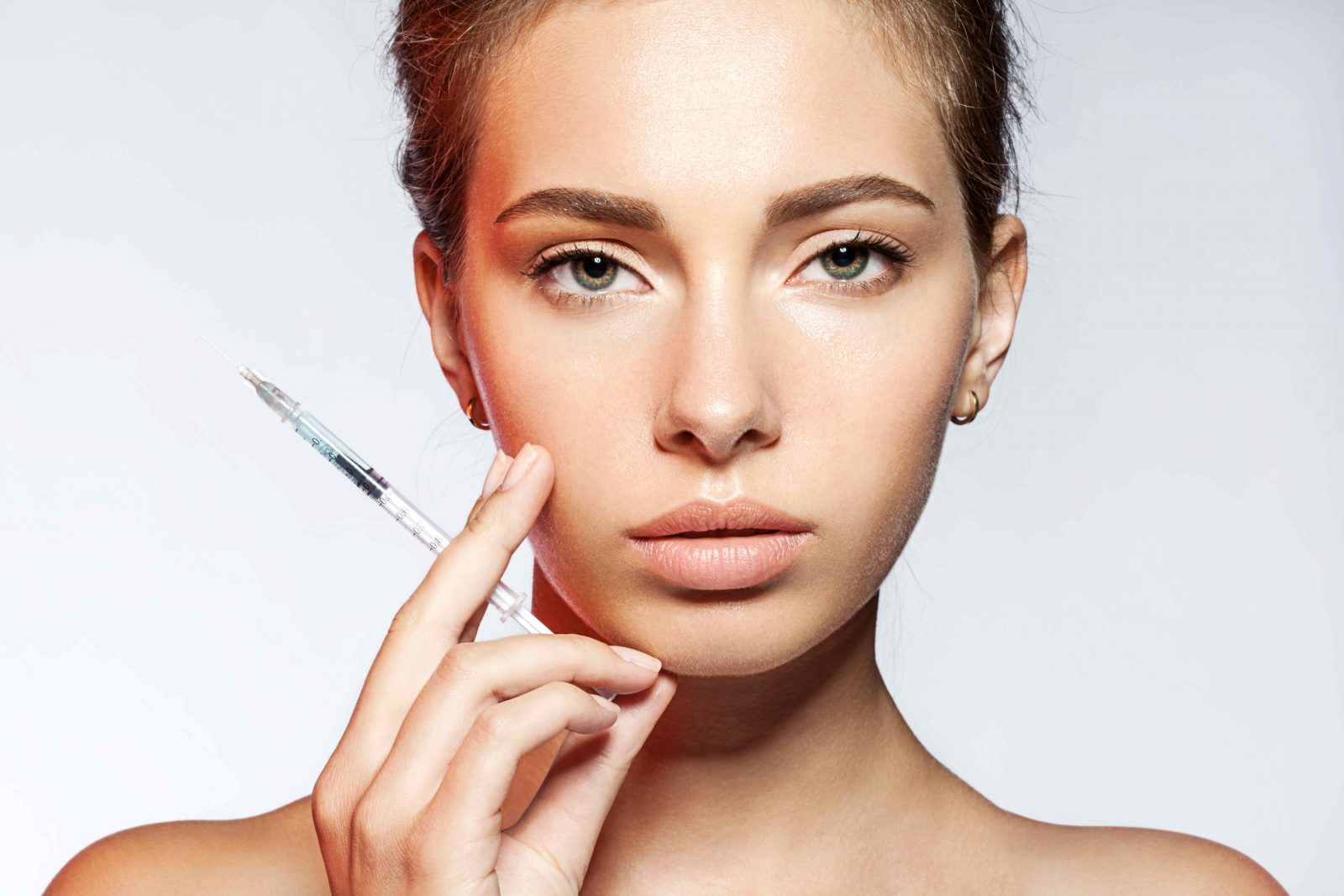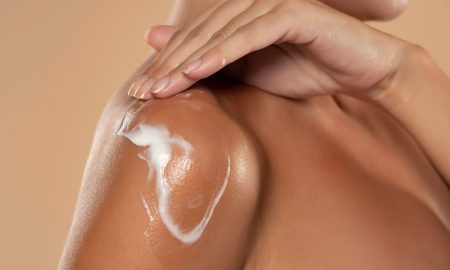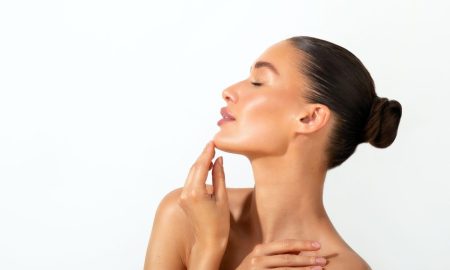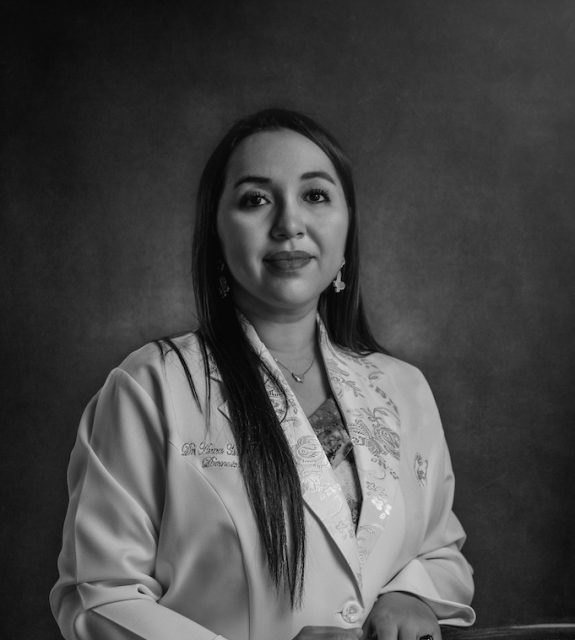Dr. Tahl Humes is a board-certified physician and an international expert in aesthetic and anti-aging medicine. Her expertise includes advanced injectables, aesthetic lasers, skin tightening technologies, non-invasive body contouring, wellness, and skincare. She is known for her expertise in combining lasers and injectables for total facial rejuvenation. Dr. Humes is the founder of VITAHL Medical Aesthetics, a leading cosmetic medicine practice that opened in Denver in 2005. VITAHL has since expanded to include multiple offices across the country and has become a preceptor site for physicians.
 Photo Credit: Shutterstock
Photo Credit: Shutterstock
Everyone knows that treatment or two with your favorite cosmetic clinic magically halts the signs of aging, but what else does that fairy dust of Botox treat? Botox, the gold standard injectable for smoothing fine lines and wrinkles, is not only for beauty. Botox also treats common medical diagnoses including hyperhidrosis, migraine headaches and depression.
Hyperhidrosis
Excessive sweating, or hyperhidrosis, goes beyond the typical sweat that everyone endures in the heat or with exertion. Hyperhidrosis can affect the palms of hands, soles of your feet, underarms or face. In 2004, Botox was FDA-approved to treat primary axillary hyperhidrosis, however, as clinicians we can also use off-label to treat other areas. It works by blocking the nerves responsible for activating sweat glands. Relief usually lasts a minimum of three months, but some patients enjoy up to six months of reprieve.
 Photo Credit: ShutterstockMigraines
Photo Credit: ShutterstockMigraines
In 2010, the FDA approved Botox injections for chronic migraines. These studies and approval were prompted when patients who had been receiving Botox injections for cosmetic purposes noticed their migraines had improved. The neurotoxin works by blocking the neurotransmitters responsible for carrying the pain signals to the brain.
“Botox injections to the head and neck are an effective and relatively painless treatment for migraine sufferers,” said Dr. Tahl Humes, medical director and founder of VITAHL Medical Aesthetics.
Botox treatment for migraines usually lasts about three months. For those with general headaches and not migraines, Botox treatment in typical cosmetic areas helps too.
Depression
Botox treatment for depression, while not yet FDA approved, is promising. In a well-publicized study in 2020, depression was reported 40 to 88 percent less often by Botox-treated patients. There are a couple of hypotheses that are being studied. Botox could be transported to the areas of the central nervous system responsible for mood and emotions. Also, since Botox treats chronic conditions that may contribute to anxiety, its success in relieving the underlying problem may indirectly relieve anxiety.
“If Botox can mitigate depression symptoms, patients will have a treatment that can last for months,” said Humes.
























